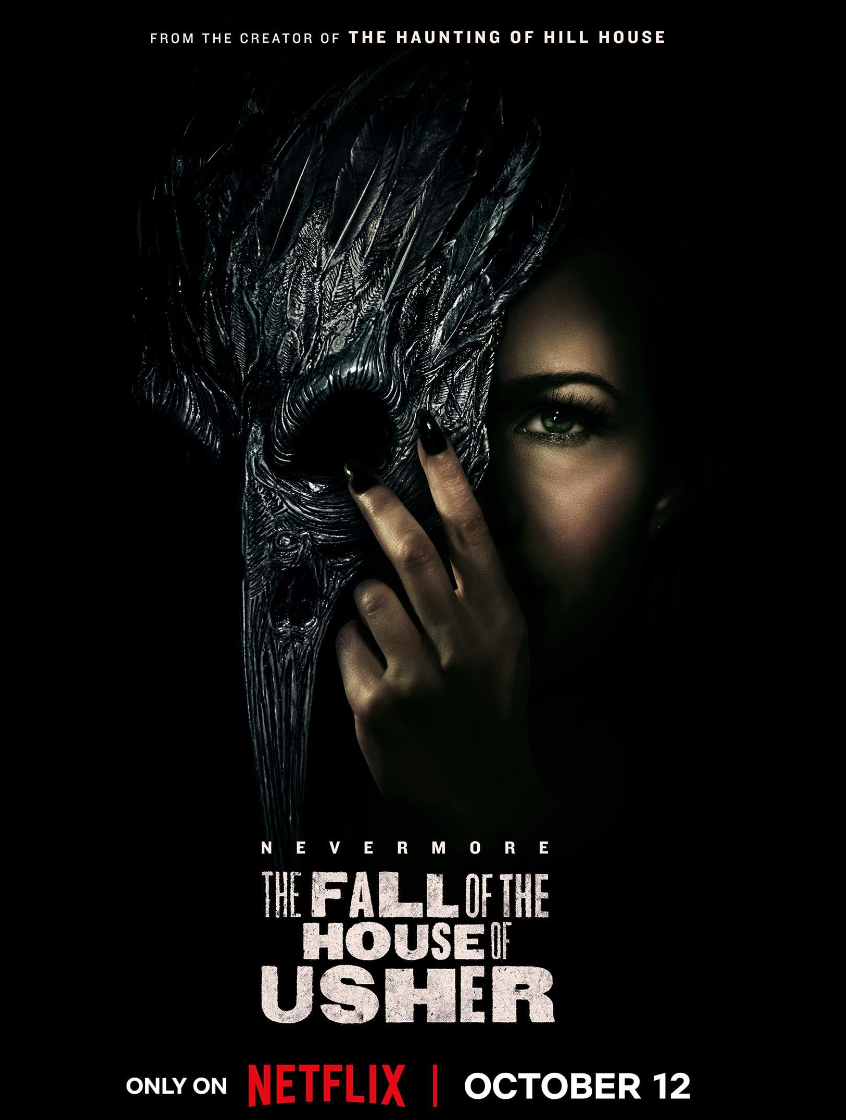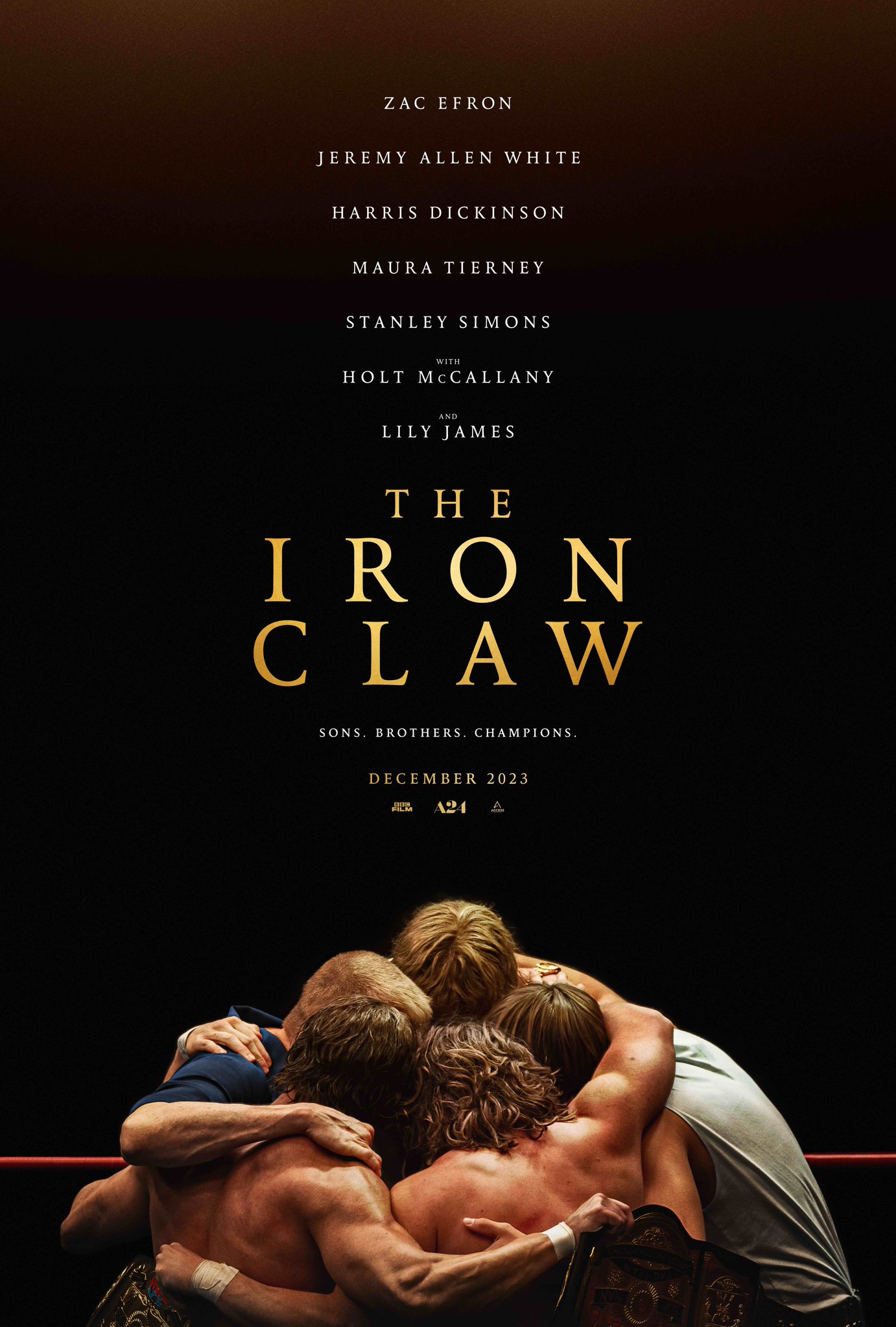Mike Flanagan is back in time for spooky season



With films like Oculus, Gerald’s Game, and Doctor Sleep (Director’s Cut) under his belt, as well as TV series including The Haunting of Hill House, The Haunting of Bly Manor, and Midnight Mass, Mike Flanagan is the reigning king of spooky season. He’s back this spooky season with his latest multi-part horror drama, The Fall of the House of Usher, an adaptation of the works of the grandfather of spooky season himself, Edgar Allen Poe. Besides Flanagan once again returning to episodic storytelling, Usher reunites him with many actors who have appeared in his other works, including Carla Gugino, Bruce Greenwood, Rahul Kohli, Kate Siegel, Henry Thomas, Zach Gilford, Samantha Sloyan, T’Nia Miller, Annabeth Gish, Robert Longstreet, and Kyleigh Curran. Usher is practically a Flanagan Horror Family Reunion.
Usher, though, is a mixed bag. It has some great moments, some great performances, some big swings, but it doesn’t quite come together and some of those big swings result in big misses. The series is a kind of narrative hybrid, with an over-arching story about the demise of the prominent Usher family uniting the eight episodes, but seven of the episodes are each an adaptation of a different Poe story, too. This structure kind of works, though it is made somewhat confusing by jumping through time as we flash back to the moments that made the Usher family, er, great. Another of Flanagan’s swings is that the Ushers are clearly modelled on the Sacklers, the family behind Purdue Pharma and its most famous product: Oxycontin.
The opioid epidemic is a real-life horror, but it is an odd narrative bedfellow for Edgar Allen Poe. Usher feels less like a successful connection of Poe’s phantasms and tragedies with a modern plague upon society, and more like Flanagan had two ideas—to adapt Poe and imagine the delicious demise of rotten soul-sucking society-destroying ghouls like the Sacklers. But he misses the mark, casting the Ushers as either cartoonishly evil or foolishly wicked, while missing the very banality of the Sacklers’ actual evil. Where the Ushers represent every detestable quadrant of contemporary culture from wealth-hoarding billionaires to Goop-style influencers to disaffected zoomers to middle-aged failsons, there isn’t one among them who approaches the actual goblin behavior of the Sacklers, raking in profit from misery while bemoaning mundane sh-t like their neighbors won’t talk to them.
Still, over eight episodes Usher offers some fun stuff. Episode two, “The Masque of the Red Death”, has a truly gruesome body horror component, like legit eye-searingly awful imagery, which works splendidly in the context of a rave gone wrong. Samantha Sloyan is notable as an increasingly unhinged wannabe lifestyle guru in “Goldbug”; similarly, T’Nia Miller captures the frantic unravelling of “The Tell-Tale Heart”. Episode four, “The Black Cat”, is the best straight adaptation of Poe, though be warned, this episode features graphic, recurring animal cruelty.
Likewise, there are some great performances. Carla Gugino is an old pro at Flanagan’s style and has visceral fun playing the shifty, mysterious figure haunting the Ushers. Bruce Greenwood, a veteran of Gerald’s Game, also 100% understands the story he is in and gives a perfectly balanced performance as patriarch Roderick Usher, capturing both the surface charm and interior rot of a hobgoblin billionaire who made a ghastly deal, once upon a time. Less acute, though, is Zach Gilford as the younger Roderick, there is little in his performance that suggests Roderick’s moral decay; Gilford’s performance feels disconnected from Greenwood’s. Similarly, Willa Fitzgerald is spectacular as the younger version of Madeline Usher, Roderick’s twisted sister, but Mary McDonnell lacks Fitzgerald’s suggestion of cruelty. Flanagan has worked these multi-generational performances before, notably in Hill House, to great effect, but here it feels like each younger/older set of actors is playing a different character.
Newcomer standouts, though, are Mark Hamill as Roderick’s cretinous fixer, Arthur, and Carl Lumbly as Roderick’s frenemy, C. Auguste Dupin. It feels a bit like Hamill, Lumbly, Gugino, Fitzgerald, and Greenwood are in one thing, and everyone else is in another. Much as there is a narrative disconnect between the Poe adaptations and the Sackler-esque family drama, the performances don’t quite mesh. Also, Ruth Codd, a veteran of The Midnight Club, is left stranded as Roderick’s “child bride” second wife. She is fantastic, but she just doesn’t have much to do besides weather the insults of Roderick’s children, most of whom are older than her. It’s easy to imagine in the Sackler-only version of this story, Codd would have a rich meal of a role to dig into, but trying to fit her into the Poe stuff doesn’t work particularly well.
That’s the overriding issue with Usher. There’s just a little too much going on. It looks great, has some good spooky vibes, some good performances, a couple really good episodes, but overall, it doesn’t hang together. And I haven’t even mentioned the travesty that is “Murder in the Rue Morgue” because I actually cannot STAND what this series does to one of Poe’s greatest stories. That episode is the greatest victim of trying to graft the Sackler stuff onto the Poe stuff.
I understand the impulse to tell a story about a bunch of blood-sucking billionaires getting their just deserts through various torturous means. Poe isn’t even the worst vehicle for that, several of his stories come with built-in wretched death scenes, which Flanagan makes the most of. It just doesn’t feel completely thought out, especially given how beautifully complex and cohesive Midnight Mass is. We know what Flanagan can do, and, unfortunately, Usher falls short. But it has its moments, especially when Carla Gugino and Bruce Greenwood get to ham it up like they’re in a Vincent Price special. For the Flanagan faithful, The Fall of the House of Usher is sort of like a greatest hits compilation. For Poe purists, it’s something of a monkey’s paw.
This review was published during the SAG-AFTRA strike of 2023. The work being reviewed would not exist without the labor of actors. The Fall of the House of Usher is now streaming exclusively on Netflix.

